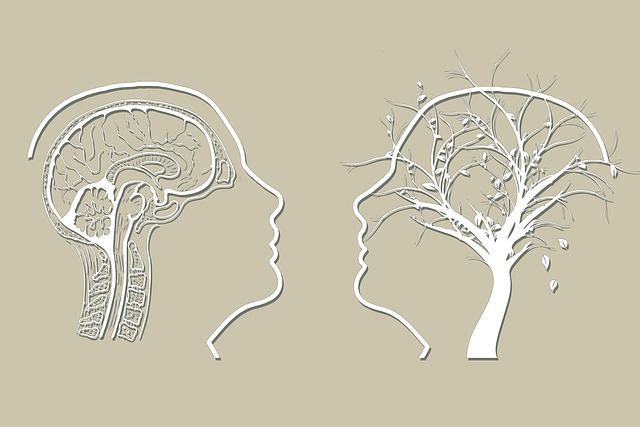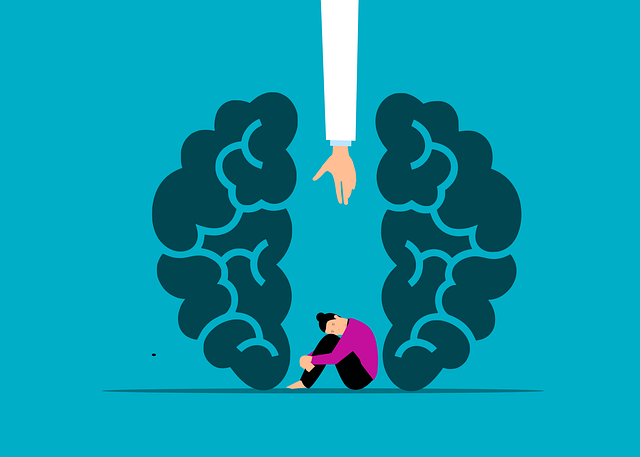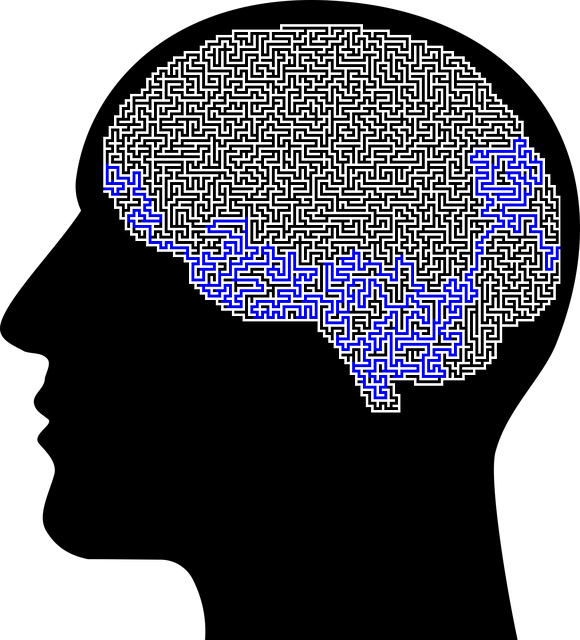Mindfulness meditation empowers adolescent teens with emotional growth tools, reducing anxiety, depression, and stress while enhancing psychological resilience. Starting simple in quiet spaces, focusing on breath awareness, and practicing consistently improves mood management and overall well-being. Despite challenges like academic pressures and social dynamics, dedicated time for mindfulness cultivates mental strength and non-judgmental acceptance, benefiting mental health journeys alongside therapy and psychological testing. Organizations offering engaging strategies strengthen this holistic approach, fostering communities centered around emotional balance.
Mindfulness meditation is a powerful tool for adolescent mental health, offering a therapeutic approach that promotes psychological well-being. This article guides teens and parents through understanding mindfulness and its benefits, providing practical tips for getting started and staying consistent. We explore how regular practice can enhance focus, reduce stress, and foster emotional resilience, all crucial aspects of a teen’s development. Additionally, we offer strategies to overcome common challenges, ensuring mindfulness becomes an accessible and lasting habit.
- Understanding Mindfulness Meditation for Teens
- Benefits of Regular Practice for Adolescent Mental Health
- Getting Started: Practical Tips and Techniques
- Overcoming Challenges and Staying Consistent
Understanding Mindfulness Meditation for Teens

Mindfulness meditation is a powerful tool for adolescent teens to navigate their emotional and psychological journeys. It’s about being fully present in the moment, aware of one’s thoughts and feelings without judgment. This practice can help teens develop inner strength and resilience, especially when combined with therapy and psychological testing. By integrating mindfulness into their daily routines, adolescents can learn to manage stress, anxiety, and challenging emotions more effectively.
For teens, mindfulness meditation encourages positive thinking and self-awareness. It allows them to create a peaceful sanctuary within their minds, fostering better emotional regulation and overall well-being. This ancient practice has been scientifically proven to reduce symptoms of anxiety and depression, promote focus, and enhance overall mental clarity—all essential aspects of a teenager’s development into adulthood.
Benefits of Regular Practice for Adolescent Mental Health

Regular mindfulness meditation practice has been shown to offer a myriad of benefits for adolescent mental health. By cultivating present-moment awareness and emotional regulation skills, teens can better navigate the challenges of growing up. This can lead to reduced symptoms of anxiety and depression, improved stress management, and enhanced overall psychological resilience. Research suggests that mindfulness practices can even support therapy for adolescent teens by complementing traditional psychological testing and treatment approaches.
Furthermore, integrating mindfulness into daily routines promotes burnout prevention strategies for healthcare providers who work with young adults. It encourages emotional intelligence development, empowering adolescents to understand and express their feelings effectively. A mental wellness journaling exercise guidance can accompany meditation practice, allowing teens to reflect on their experiences and track their progress. This holistic approach contributes to the cultivation of a healthy mind and emotional balance, which are essential for navigating the complexities of adolescence.
Getting Started: Practical Tips and Techniques

Starting a mindfulness meditation practice can seem daunting, but with simple techniques, even adolescents and teens can benefit from its calming effects. Begin by finding a quiet space where you won’t be disturbed. Set a timer for 5-10 minutes to start, gradually increasing the duration as you become more comfortable. Focus on your breath, noticing the rise and fall of your chest, without trying to control it. When thoughts intrude, gently guide your attention back to your breath. Consistency is key; aim to practice daily at the same time to establish a routine.
Consider incorporating mindfulness into your everyday activities. For instance, when eating, pay close attention to the textures, flavors, and aromas of your food. During walks, observe the surroundings—the sounds, smells, and sights. These exercises can help improve mood management and enhance overall well-being, skills that are particularly valuable for adolescents navigating psychological testing and therapy. Effective communication strategies, often promoted through public awareness campaigns development, can further support mental health journeys.
Overcoming Challenges and Staying Consistent

Overcoming Challenges is a significant part of establishing a consistent mindfulness meditation practice, especially for teens navigating life’s complexities. Adolescence can be a tumultuous period, filled with academic pressures, social dynamics, and emotional ups and downs. Integrating mindfulness into this chaotic landscape may seem daunting, but it offers a powerful tool to enhance mental resilience. Mindfulness meditation is not about achieving a perfect state of calm; instead, it encourages teens to embrace the present moment, accept their emotions, and cultivate non-judgmental awareness.
Staying consistent requires a commitment to incorporating mindfulness into daily routines. For adolescent teens, this might involve setting aside 10 minutes before school or during bedtime to practice. It is crucial to approach meditation as a skill that improves with regular use, rather than expecting immediate results. Mental Health Policy Analysis and Advocacy highlight the long-term benefits of such practices in managing stress, anxiety, and even symptoms associated with conditions diagnosed through psychological testing. Stress Management Workshops Organization can also provide strategies to make mindfulness engaging and accessible, fostering a sense of community around these Mind Over Matter principles.
Mindfulness meditation offers a powerful tool for improving adolescent mental health, as supported by various studies. By understanding its benefits and implementing practical tips, teens can navigate challenges and cultivate a consistent practice. Incorporating mindfulness into daily routines can lead to enhanced emotional well-being, improved focus, and increased resilience, setting the stage for a healthier future. For those seeking further guidance, exploring therapy options or psychological testing can provide personalized support on this mindful journey.











